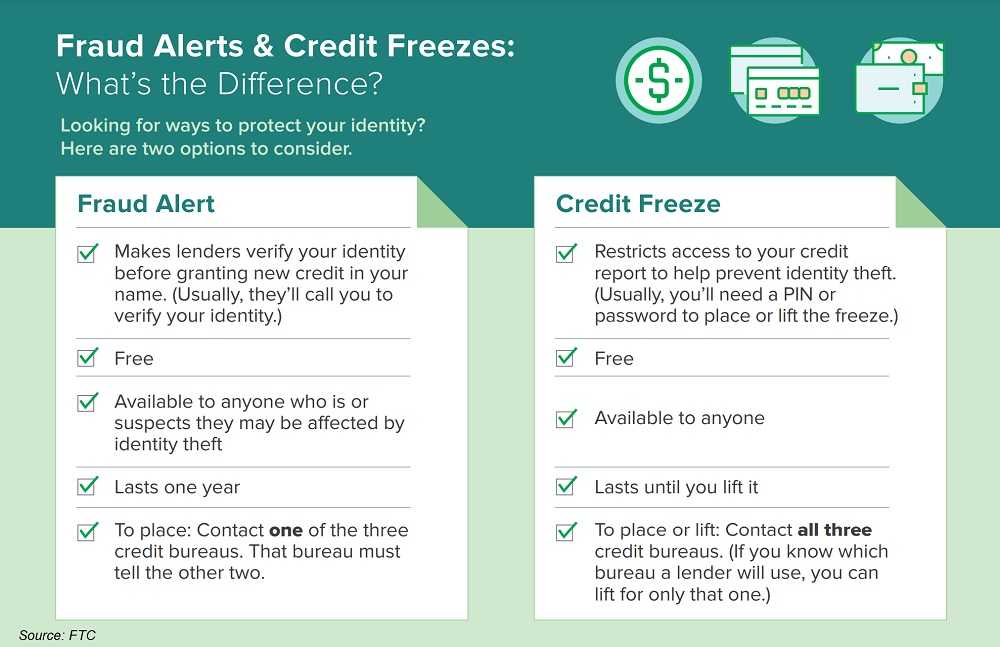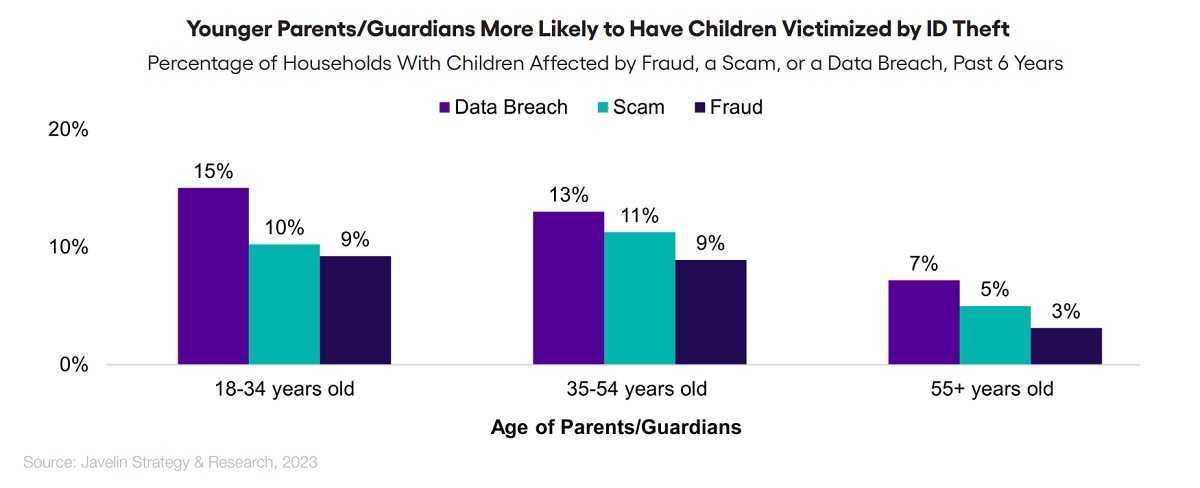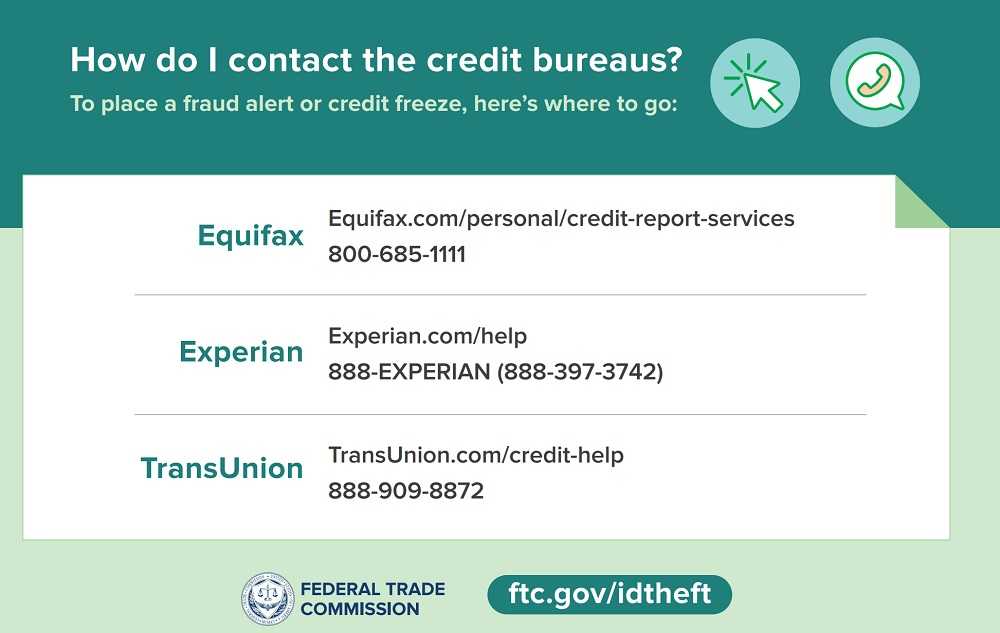Will credit monitoring alone safeguard you against identity theft? In a nutshell, the answer is a resounding "no." Credit monitoring and identity theft protection services both have their pros and cons. But if you are offered these services as a result of a data breach or other cyber incident, it’s important to know what they are and do…and what they are not and don’t and whether a credit freeze is really what you need.
Credit monitoring and identity theft services may send you alerts when there's activity related to your credit, such as accessing credit, applying for new accounts, or opening an account. And they can assist you in the process of correcting any identity theft issues that arise. While this is great, they cannot prevent such incidents from happening in the first place, nor can they stop them in progress.

On the other hand, there is a solution that puts a sturdy lock on your credit: a credit freeze. This feature blocks any attempts to access your credit, and the credit bureaus will notify you if someone tries to pry their way in. A credit freeze is particularly recommended for those whose social security numbers have been stolen and who don't plan on applying for credit in the near future. However, if you're gearing up to apply for a mortgage, credit card, car loan, or anything similar, a credit freeze might not be the most suitable option. In such cases, it's advised to apply for credit first and then initiate the freeze on your account.
Keep in mind that a credit freeze can be lifted temporarily if needed, and you should check the specific guidelines regarding lead time. The good news is that they do not charge to temporarily lift or restart a freeze.
Here's an important tidbit: if your credit is already frozen, credit monitoring services won't be able to do their job effectively. They require access to your credit information to monitor it, so if you opt for credit monitoring (which you should if it's offered and you want to keep your files accessible), sign up for the service before freezing your credit. Additionally, if you've already been a victim of identity theft, these services can assist you in recovering and restoring your credit. However, don't unfreeze your credit just to sign up for monitoring. If the third party can't access your file due to the freeze, then the credit freeze is doing its job properly.

Don't forget about the young ones either! It's crucial to monitor the credit of your children. Ideally, children under 18 shouldn't have a credit report. However, a sobering reality reveals that one in 50 families with children under 18 is affected by child identity fraud (according to a 2022 study by the Javelin Strategy & Research group). If you come across a credit report for your child from Equifax, Experian, or TransUnion, it could mean one of three things: either a parent or guardian applied for credit using the child's social security number and got approval, someone fraudulently used the child's information to obtain credit, or the child was listed as an authorized user or joint account holder on a credit account.
Now, let's talk about those credit monitoring services that eagerly ask you to enter your bank account numbers, credit card numbers, passport details, medical information, and other sensitive data into their forms. They claim they'll keep an eye on all of it, right? Well, here's the catch: even if they monitor all that information, it won't magically prevent identity theft. In fact, by sharing such critical information with yet another party, you're potentially exposing yourself to even greater risks of theft. After all, the more entities that have access to your data, the higher the chances of it falling into unauthorized hands.
So, be cautious and choose your identity theft protection strategies wisely. Remember, vigilance and protective measures are key to keeping your identity safe and secure.
